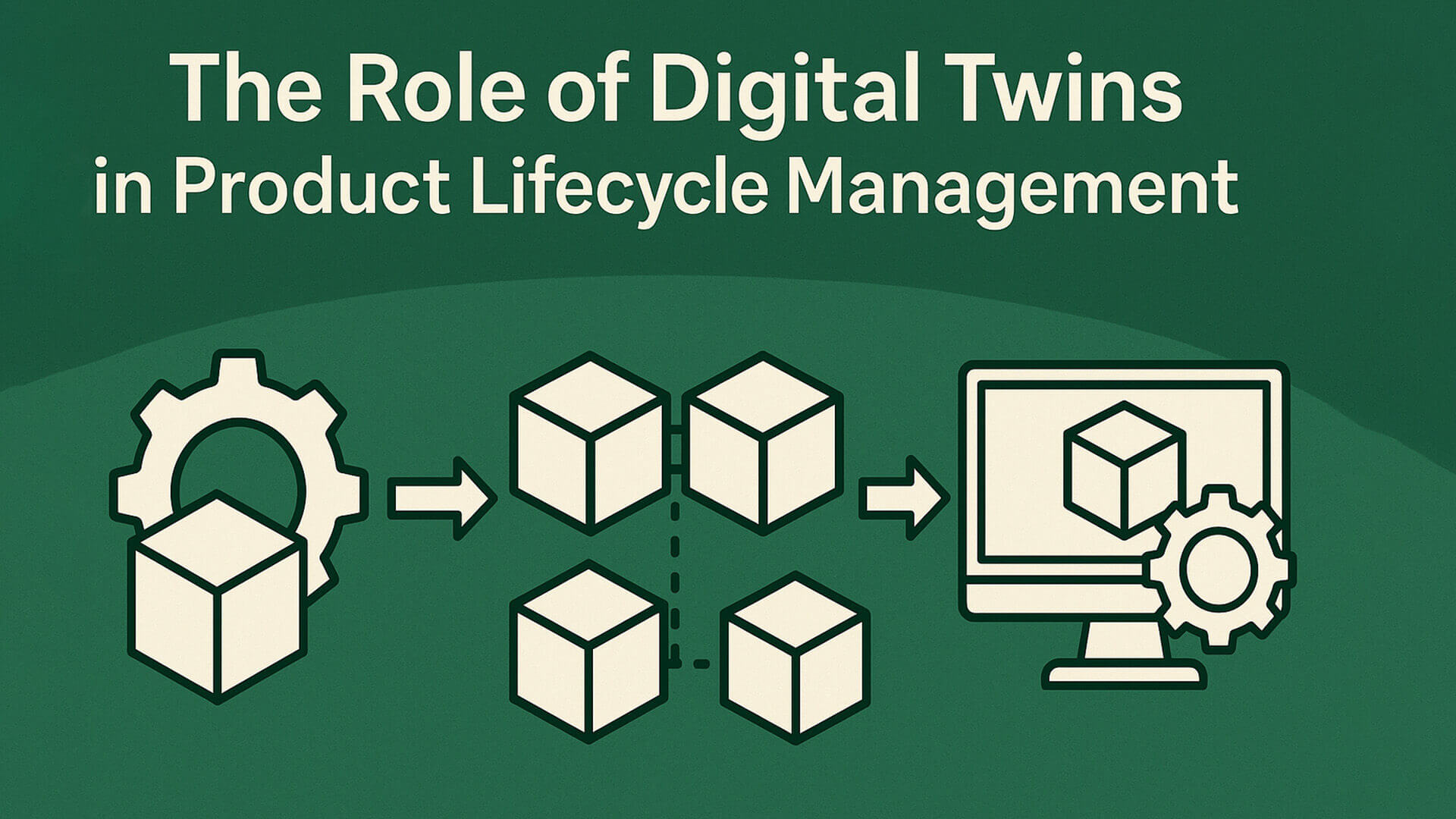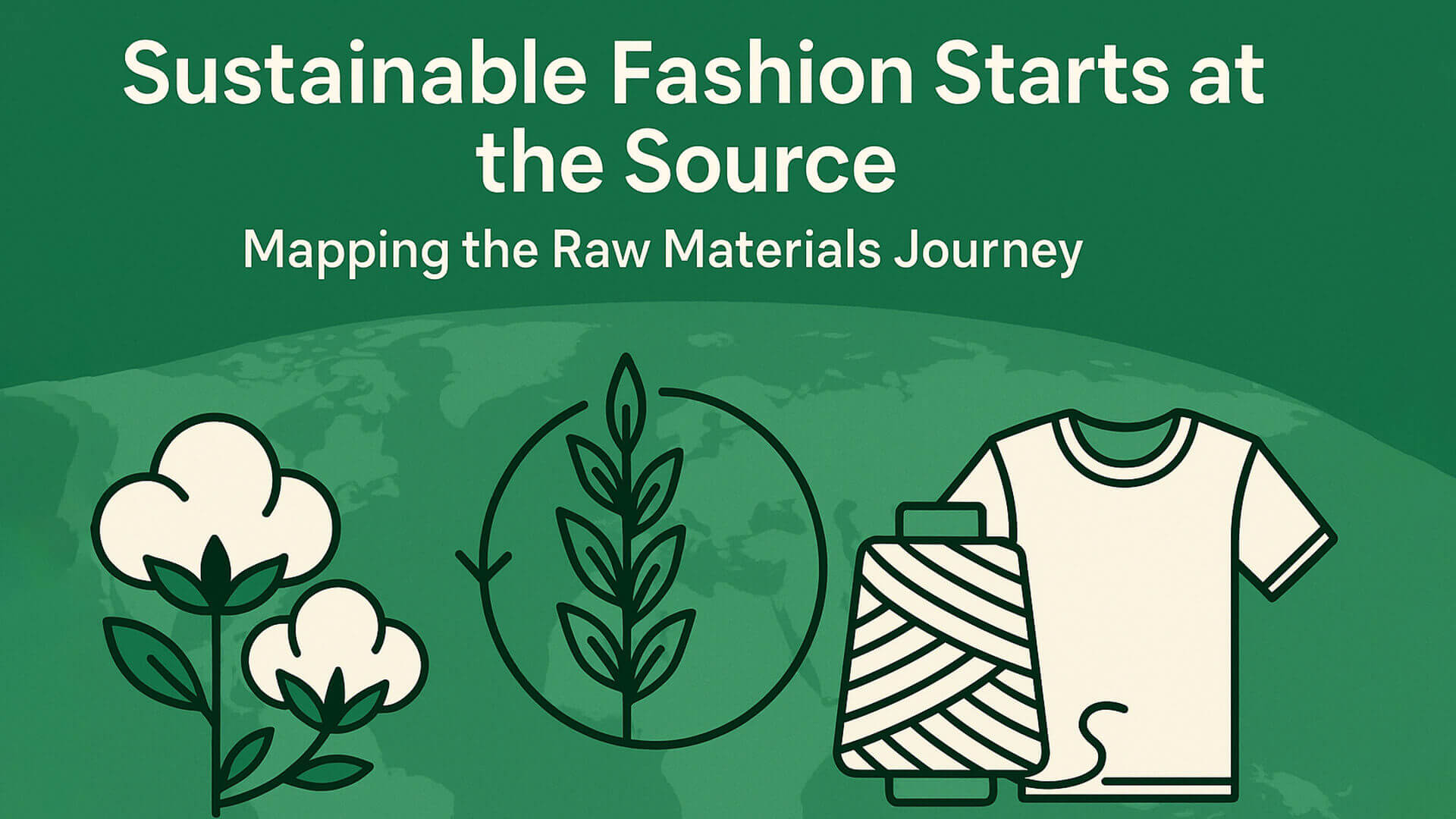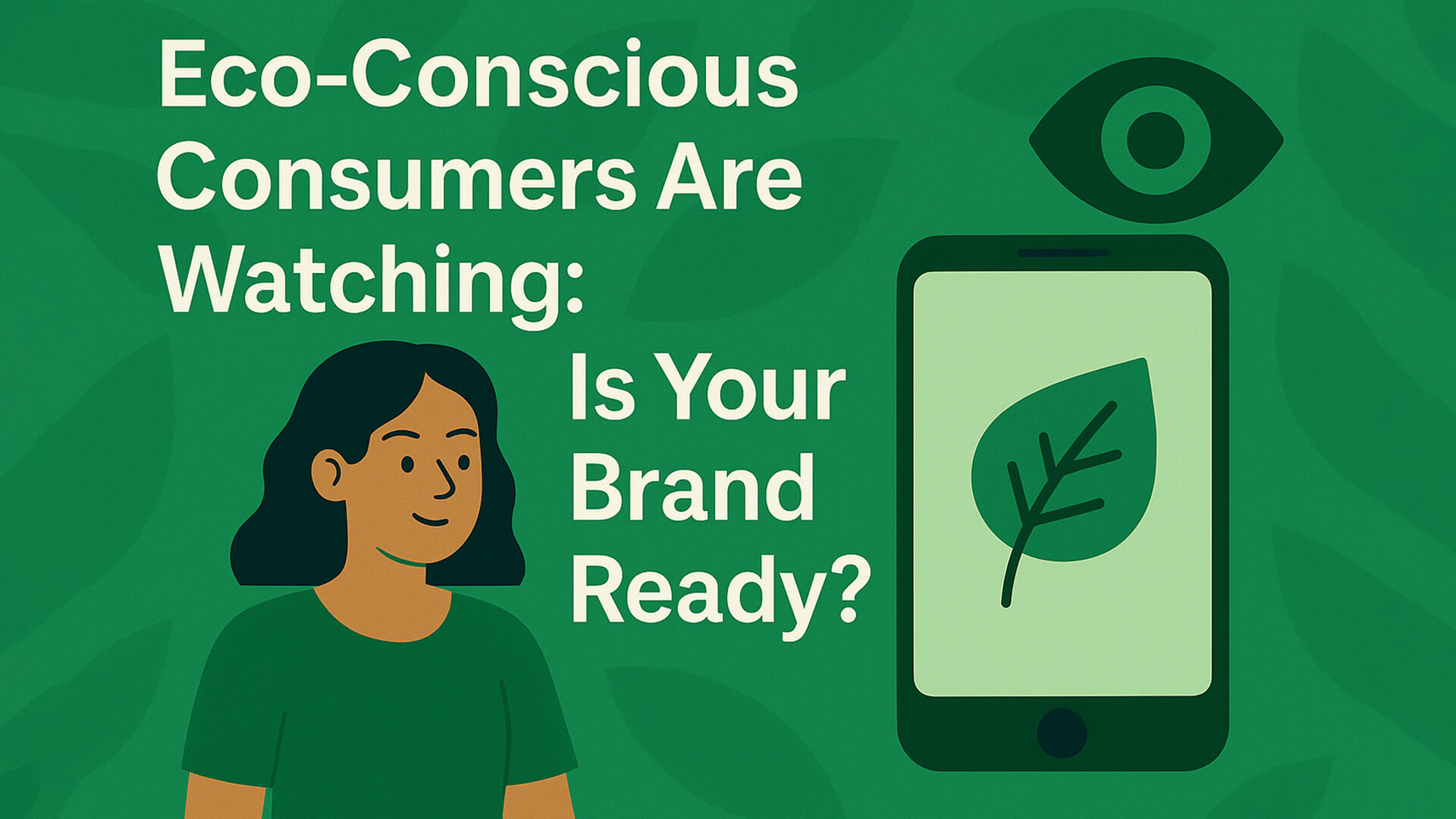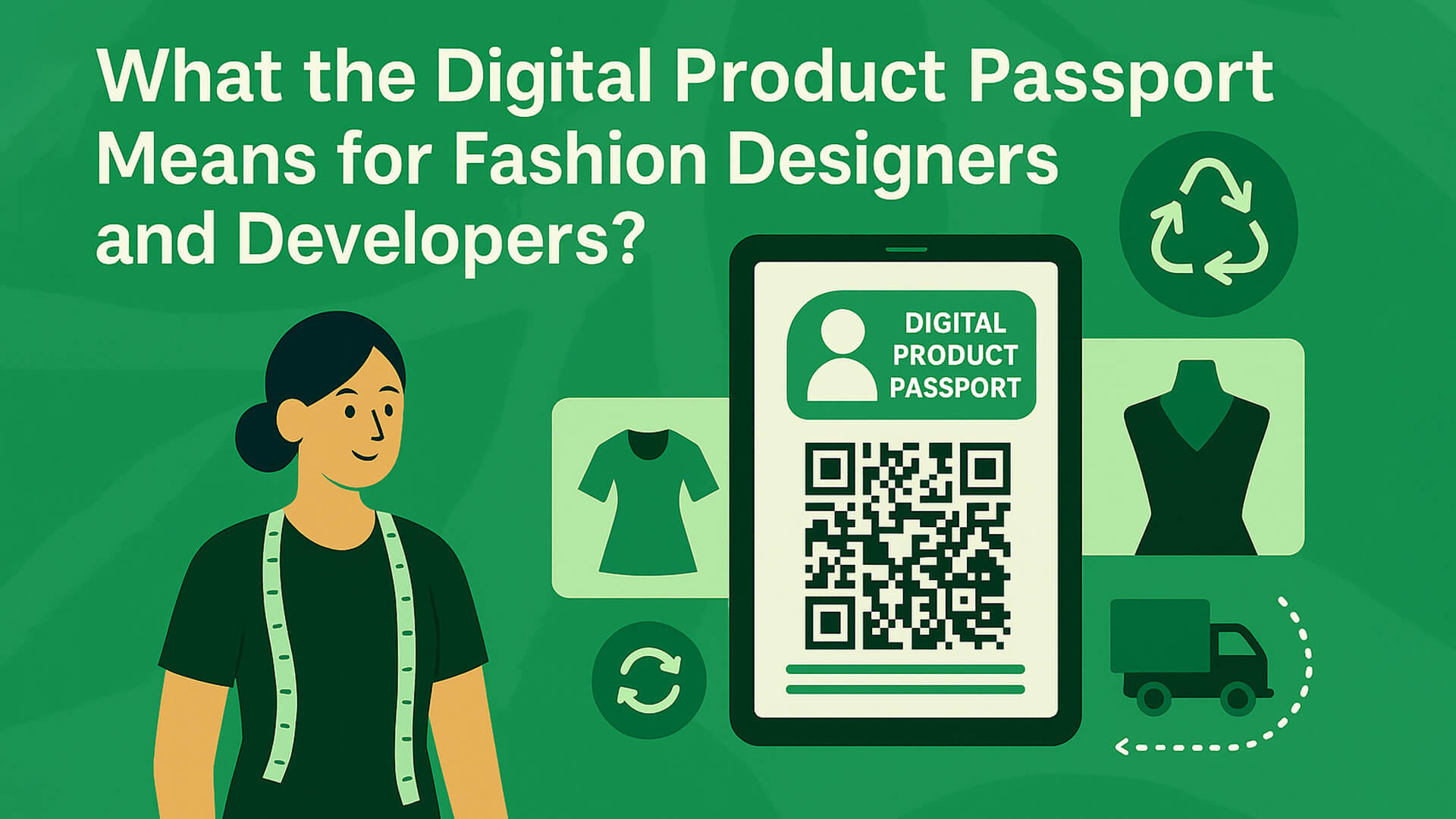- info@greenthreadsdpp.com
- Southampton, United Kingdom
DPPs and the End of Greenwashing: A Transparency Revolution
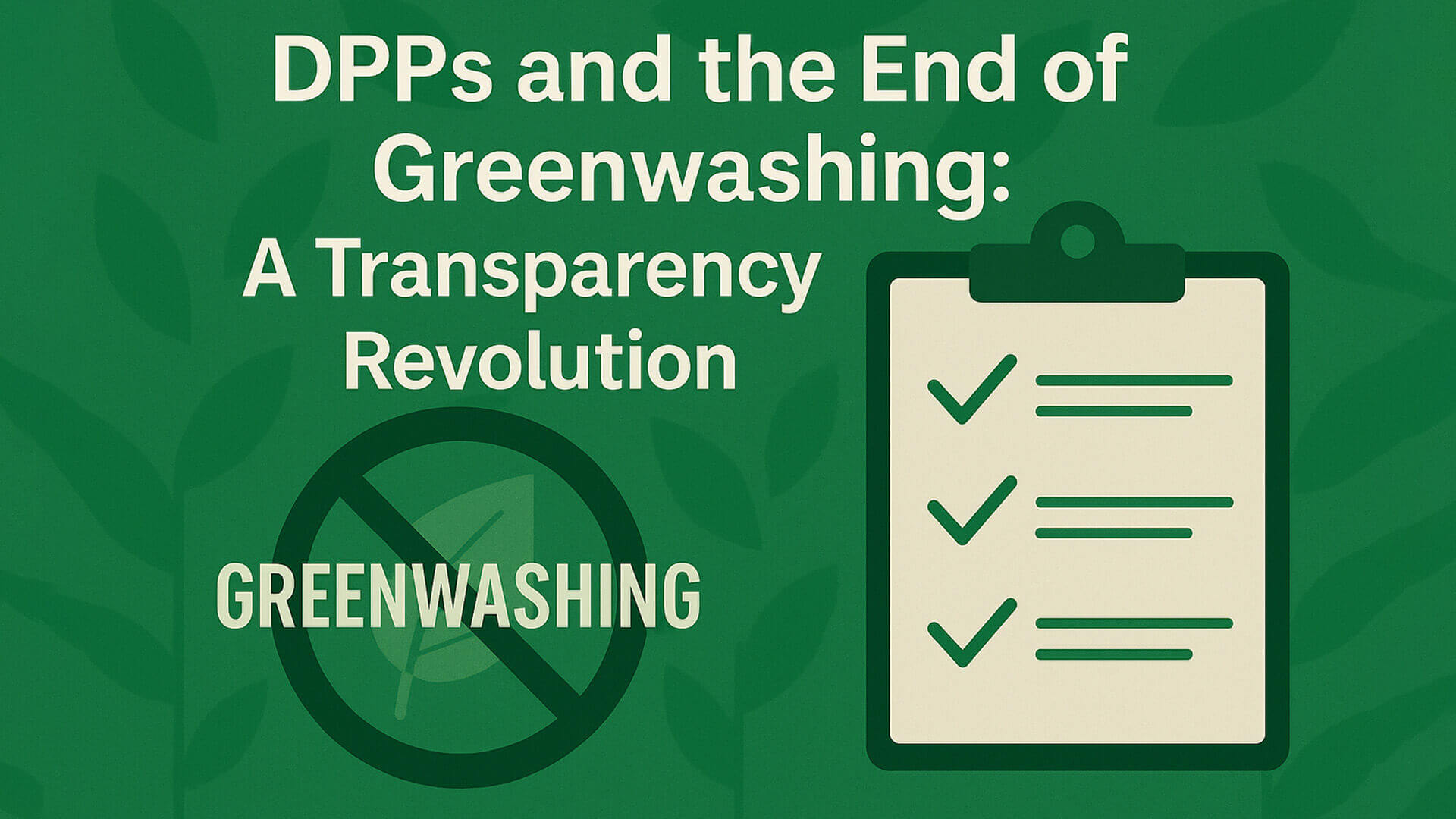
In an age where sustainability is no longer a marketing buzzword but a business imperative, the cracks in corporate environmental claims are beginning to show. Consumers are demanding proof, not promises. Regulators are tightening the screws. And brands that once coasted on vague eco-friendly slogans are now being called out for greenwashing, the act of misleading consumers about a product’s environmental benefits.
Enter the Digital Product Passport (DPP): a game-changing innovation poised to usher in a new era of radical transparency, accountability, and trust. As the European Union and other global markets move toward mandatory DPPs, we’re witnessing the dawn of a transparency revolution, one that could finally put an end to greenwashing.
At Green Threads we consider ourselves to be the antithesis of Greenwashing, helping ethical and socially conscious brands to really differentiate themselves from their competition.
What Is a Digital Product Passport?
A Digital Product Passport is a dynamic, data-rich digital record that travels with a product throughout its lifecycle. It contains verified information about:
-
Material composition and sourcing
-
Environmental impact (e.g., carbon footprint, water usage)
-
Manufacturing and labor practices
-
Repairability and recyclability
-
Certifications and compliance data
-
Ownership and resale history
Accessible via QR codes, RFID tags, or NFC chips, DPPs allow consumers, regulators, and supply chain partners to scan and verify a product’s sustainability credentials in real time.
Why Greenwashing Has Become a Crisis
Greenwashing isn’t just a PR problem it’s a systemic issue that undermines genuine sustainability efforts. From fashion to food to electronics, brands have been caught exaggerating or fabricating their environmental claims. Common tactics include:
-
Greenlabelling: Using vague terms like “eco-friendly” without substantiation
-
Greenlighting: Highlighting minor green efforts to distract from major harms
-
Greenwashing: Withholding sustainability data to avoid scrutiny
-
Greenshifting: Blaming consumers for environmental impact
-
Greenwashing: Repeatedly changing sustainability targets without progress
These practices erode consumer trust and create a cynical marketplace where even authentic sustainability efforts are met with skepticism.
How DPPs Combat Greenwashing
DPPs are designed to eliminate ambiguity and verify claims through traceable, tamper-proof data. Here’s how they dismantle greenwashing:
1. Immutable Records with Blockchain
By leveraging blockchain technology, DPPs create tamper-proof records of a product’s lifecycle. Once data is entered such as the source of raw materials or carbon emissions during production it cannot be altered retroactively.
2. Decentralized Verification
Instead of relying solely on brand self-reporting, DPPs enable multiple stakeholders (e.g., suppliers, certifiers, auditors) to input and verify data independently. This decentralization reduces bias and increases credibility.
3. Real-Time Transparency
Consumers can scan a product’s DPP to instantly access verified information about its environmental and ethical footprint. This empowers informed decision-making and holds brands accountable at the point of sale.
4. Lifecycle Tracking
DPPs don’t stop at the checkout. They track a product through resale, repair, and recycling, supporting circular economy models and ensuring that sustainability claims extend beyond the first purchase.
The Tech Behind the Transparency
DPPs are powered by a suite of technologies that work together to ensure data integrity and accessibility:
Together, these tools create a living digital identity for every product one that evolves with its journey and usage.
Industry Spotlight: Fashion and Electronics
Fashion
Brands like Green Threads are pioneering DPPs in apparel, enabling consumers to scan a garment and view its fibre origin, carbon footprint, water usage, and ethical certifications. This not only builds trust but also supports resale and recycling by providing care and repair instructions.
Electronics
With e-waste surging globally, DPPs in electronics provide critical data on repairability, material sourcing, and end-of-life options. Consumers can verify whether a device contains conflict-free minerals or how to responsibly recycle it.
Regulation Is Catching Up
The EU’s Ecodesign for Sustainable Products Regulation (ESPR) mandates DPPs for key sectors like textiles, electronics, and batteries by 2030. These regulations aim to:
-
Standardise sustainability disclosures
-
Enable circular economy practices
-
Prevent misleading environmental claims
-
Empower consumers with verified data
Early adopters of DPPs won’t just comply they’ll lead the next wave of sustainable innovation.
Business Benefits Beyond Compliance
While DPPs are a regulatory requirement, they also unlock strategic advantages:
-
Brand Differentiation: Stand out with verifiable sustainability credentials
-
Consumer Loyalty: Build trust through transparency
-
Operational Efficiency: Streamline data collection and reporting
-
Risk Mitigation: Detect and address supply chain issues early
-
Market Access: Meet the growing demand for sustainable products
In short, DPPs turn transparency into a competitive edge.
Challenges to Address
Implementing DPPs isn’t without hurdles:
-
Data Standardization: Industries must agree on common formats
-
Supplier Readiness: Smaller vendors may lack digital infrastructure
-
Cost of Adoption: Initial investments in tech and training
-
Privacy Concerns: Ensuring compliance with data protection laws
However, these challenges are surmountable and the long-term benefits far outweigh the short-term friction.
The Future: A World Without Greenwashing
Imagine a world where every product tells its story, truthfully, transparently, and traceably. Where consumers can scan a label and see not just what a product is, but what it stands for. Where sustainability isn’t a slogan, but a verifiable standard.
That’s the promise of Digital Product Passports.
As DPPs become the norm, greenwashing will become increasingly difficult, if not impossible. Brands will be judged not by what they say, but by what their data shows. And in this new era of accountability, trust will be the ultimate currency.

